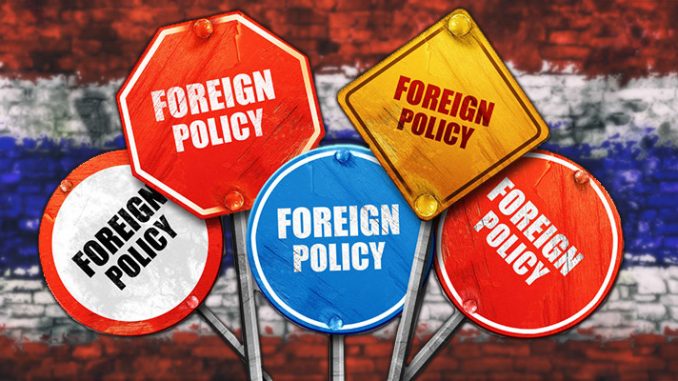As GE13 approaches, our political discourse is consumed with domestic issues — and rightfully so. Day-to-day life revolves around things at home. But the Government is tasked with more than keeping the economy running, racial harmony, and long-term economic development. Our economy and our way of life have improved so dramatically because of our membership in the family of nations, and managing those relationships is a vital part of the Government’s responsibility.
Without exaggeration, it appears that Pakatan Rakyat’s foreign policy is limited to deploying Datuk Seri Anwar Ibrahim to give interviews to foreign correspondents, and with its joint manifesto still nowhere to be found, it seems safe to assume that this will remain the case for some time.
Malaysia enjoys both a precarious and an envious position as a hub through which so much foreign commerce and international policy must flow. The rise of China and of the ASEAN nations has coincided with a decline in Europe’s absolute importance and the relative importance of the United States, shifting the focus of commerce and international affairs into our neighbourhood. Managing this shift is a vital part of Malaysia’s foreign policy and — because of its impact on our livelihoods and well-being — domestic policy as well.
As Pakatan has been silent on foreign policy, it has also generally been silent on the Government’s during the last three years; this is doubtless because there is little to criticise. Advancing Malaysia’s interests in the world and its standing among nations has been one of Prime Minister Datuk Seri Najib Razak’s foremost goals since taking office, and it is a goal he has pursued relentlessly.
An extension of the theme behind the 1Malaysia concept, the Prime Minister’s approach to foreign policy — neatly summarised in his Global Movement of Moderates — is the idea of increasing regional and global integration, through a path of moderation and avoidance of conflict. Inherent in this idea is the proposition that mutual prosperity and harmony will necessarily result from choosing the path of moderation, from eschewing racial conflict in favour of mutual cooperation, and from identifying areas of disagreement and resolving them through dialogue.
This is not an audacious foreign policy; it is a deeply pragmatic one. It accepts the reality that the great powers of the world both come into conflict with each other and wish to trade with each other, and that Malaysia is well-positioned to resolve the first and profit from the other. Thus, a Malaysia-guided ASEAN neither aligns with the United States nor China, but rather acts as an intermediary between them, using its unique racial and cultural heritage to bridge the divide between them.
Rising violence in the name of Islam is decried as contrary to the spirit of Islam; as Najib put it in a speech at Oxford University last summer, “I would like to emphatically state that those who strap explosives on their bodies and blow themselves up are not martyrs. They do not represent Islam. … Islam never condones such a vile act. Neither is it part of the teachings of Islam.”
Trade and commerce are not merely ways to develop our country, but integral parts of developing a conflict resolution scheme for the world — and in turn, expanding the trade and development on which we have prospered for years.
The results so far bear out this approach. Malaysia has become a leading target for investors, a haven for safe growth in a time of economic uncertainty, not only because of our racially harmonious system and our strong growth, but because foreign investors clearly appreciate the safety of our foreign policy approach. The powers of Asia are beginning to work in concert, organising along the same principles Najib has put forward, to resolve multinational problems such as piracy and human trafficking. Bilateral relations with several other countries, damaged to a certain extent in the 1990s and the early part of the last decade, are mended and strengthening.
It is not a perfect approach to foreign policy — there will always be rogue states who will not be amenable to peaceful conflict resolution, hence the need for defence spending — but as a way forward for the world’s mutual enrichment and harmony, there are few better.
Ordinarily, The Choice would now note that it is incumbent on the Opposition to put forward some foreign policy proposals before GE13. We continue to hope they will do so. However, we are not sanguine that they will do so here, as they have shown an almost-complete lack of interest in this matter to date, except to ridicule the Global Movement of Moderates concept. Whether because of an absence of agreement or an absence of interest, the silence is remarkable.
This may be the only issue on which Pakatan Rakyat will agree with Government policy for GE13, even if only by default.

